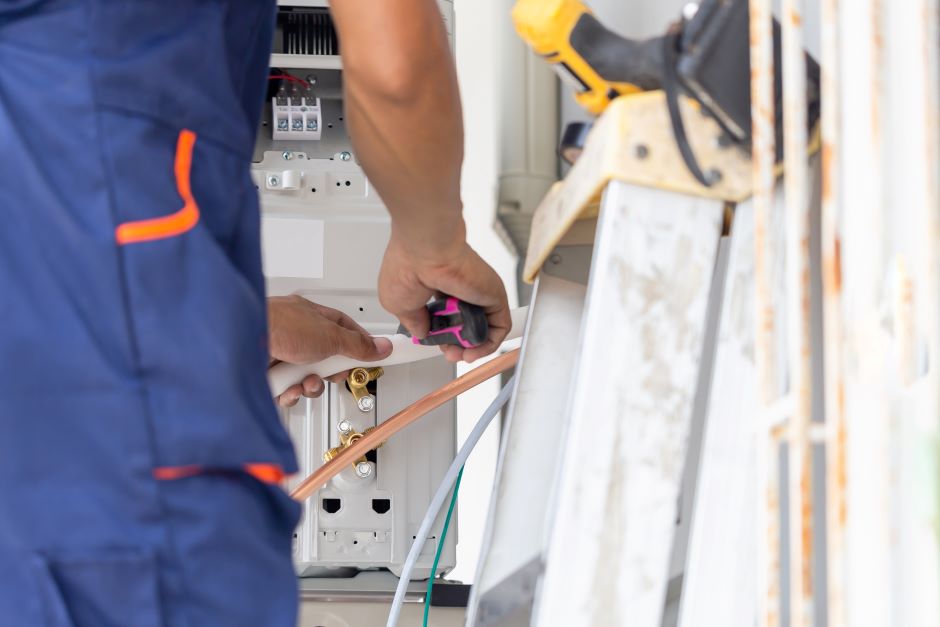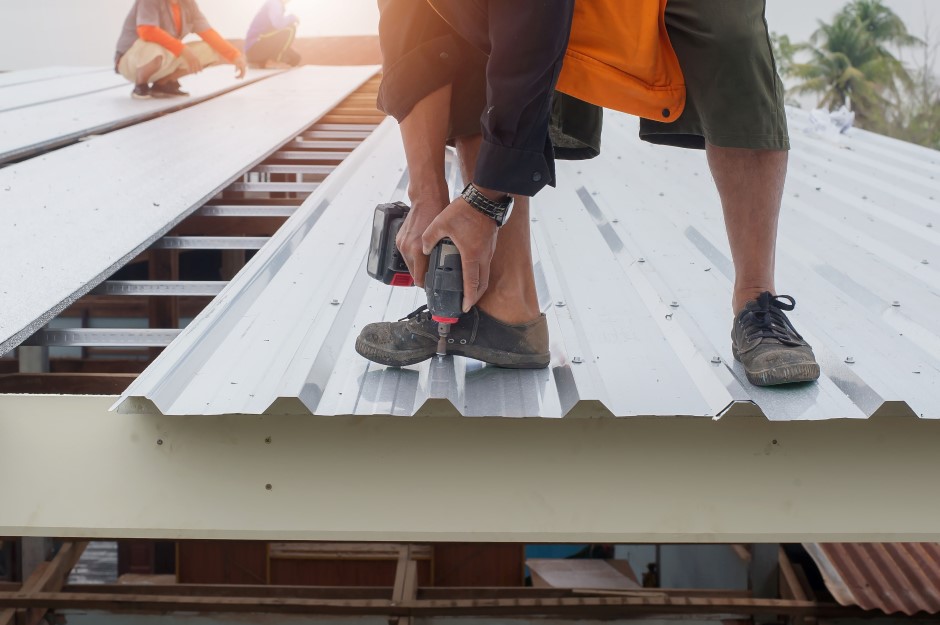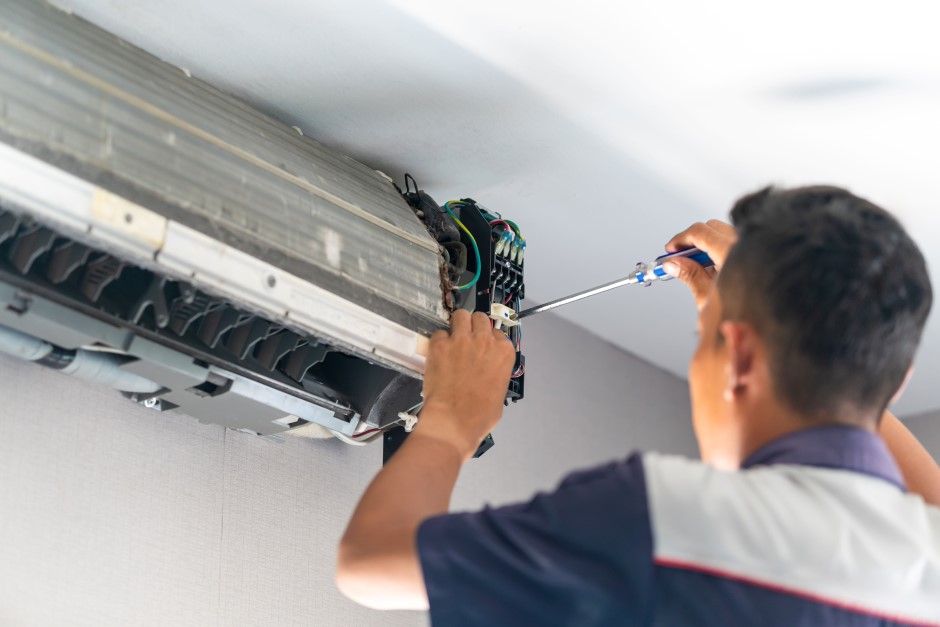
Dealing with constant AC compressor overheating? You are not the only one! A compressor plays a critical role in the cooling process by pressurizing and circulating refrigerant through the system, however, several factors can lead to its overheating and shutdown.
The causes vary from insufficient refrigerant levels, dirty condenser coil, and electrical problems to blocked or restricted airflow, but, fortunately, the solutions for the problem are simple and they go from general maintenance and inspections to more specific repairs.
Understand why your AC compressor is overheating and how to resolve this frustrating issue in this informative guide. Dive into the causes, symptoms, and effective solutions to keep your AC system running smoothly.
Why Is My AC Compressor Overheating And Shutting Off?
One common reason that makes the AC compressor hot to the touch is insufficient refrigerant, often caused by leaks or improper charging. When refrigerant levels drop, the compressor works harder to maintain the temperature, resulting in excessive heat buildup and eventual shutdown.
Another possible culprit is a malfunctioning or dirty condenser coil: the condenser coil is responsible for releasing heat absorbed by the refrigerant, and, when the coil becomes clogged with dirt, dust, or debris, it restricts airflow, causing the compressor to strain and overheat.
Additionally, electrical issues such as faulty wiring, damaged capacitors, or worn-out relays can trigger overheating and automatic shutdown to prevent further damage.
What Causes An AC Compressor To Overheat? Check 4 Common Reasons!
Multiple factors can contribute to AC compressor overheating. Here are a few AC compressor overheating symptoms and their general causes.
- Insufficient refrigerant levels: leaks or improper charging can lead to low refrigerant levels, forcing the compressor to work harder and generate excess heat.
- Dirty condenser coil: accumulated dirt, debris, or grime on the condenser coil hampers heat dissipation, causing the compressor to overwork and overheat.
- Electrical problems: faulty wiring, damaged capacitors, or worn-out relays can disrupt the electrical supply to the compressor, leading to overheating.
- Blocked or restricted airflow: obstructions like a clogged air filter or blocked vents impede the flow of air over the condenser coil, preventing proper heat dissipation and resulting in compressor overheating.
Have you noticed any of these signs? Continue reading to know the consequences of overheating.
What Happens When An AC Compressor Overheats?
When an AC compressor overheats, it triggers a series of events that can impact your cooling system. Initially, you may notice reduced cooling efficiency, as the compressor struggles to maintain the desired temperature.
The AC making noise – grinding or hissing – is also common.
And, as the compressor continues to overheat, it might automatically shut down to prevent further damage. This safety feature protects the unit from severe internal damage and potential refrigerant leaks.
However, repeated overheating episodes can significantly shorten the lifespan of the compressor and potentially lead to costly repairs or replacement, and you probably want to save air conditioning costs as much as you can, right?
What Are AC Compressor Overheating Solutions?
These are the common solutions you can try to establish the proper functioning of your system and enjoy the benefits of an AC installation:
- do regular maintenance to ensure your AC system is in its best condition, which includes cleaning or replacing air filters, inspecting and cleaning condenser coils, checking refrigerant levels, and verifying electrical connections;
- locate refrigerant leaks and repair them promptly;
- clean condenser coils regularly to remove dirt, debris, and other obstructions;
- ensure proper airflow by clearing any blockages near the outdoor unit, trimming foliage, and removing debris;
- ensure that indoor vents are not obstructed by furniture or other objects; and
- inspect the electrical components of the AC system, including wiring, capacitors, and relays, repairing or replacing faulty or damaged parts.
Don't let an AC compressor overheating leave you hot and bothered. Reach out to our qualified HVAC technicians, who can diagnose the problem accurately and provide effective solutions. Stay cool and enjoy a refreshing indoor environment all year round!






